What is Extraordinary Care?
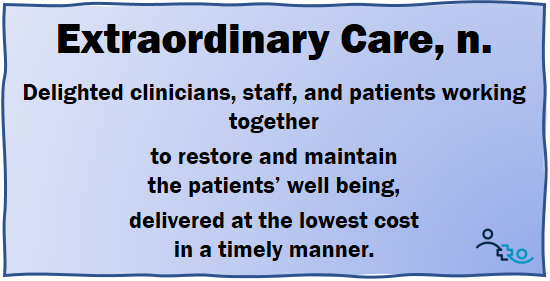

In extraordinary care, care is integrated and continuous across specialties and clinicians. Workflows are well defined and continuously optimized. Technology supports and eases the work. Revenue models are resilient, leveraging multiple income streams.
9 Ways to Deliver Care Virtually
Virtual Care is first and foremost a clinical service. While many define it in the context of the technology (video, phone, or monitoring, etc.) it is ultimately a tool for clinicians to wield appropriately, just like they select appropriate diagnostic imaging or lab tests.
Beyond the telephonic and audio/video virtual care there are actually at least 9 different modalities to deliver “care at a distance”.
- Telephonic care
- Audio/video tele visits
- Remote audio/video tele exams
- Secure texting
- Periodic Remote Physiologic Monitoring (RPM)
- Continuous Remote Physiologic Monitoring (RPM)
- Store & forward photos, audio, video, or data
- Patient-generated health data (PGHD)
- Digital therapeutics (DTx)
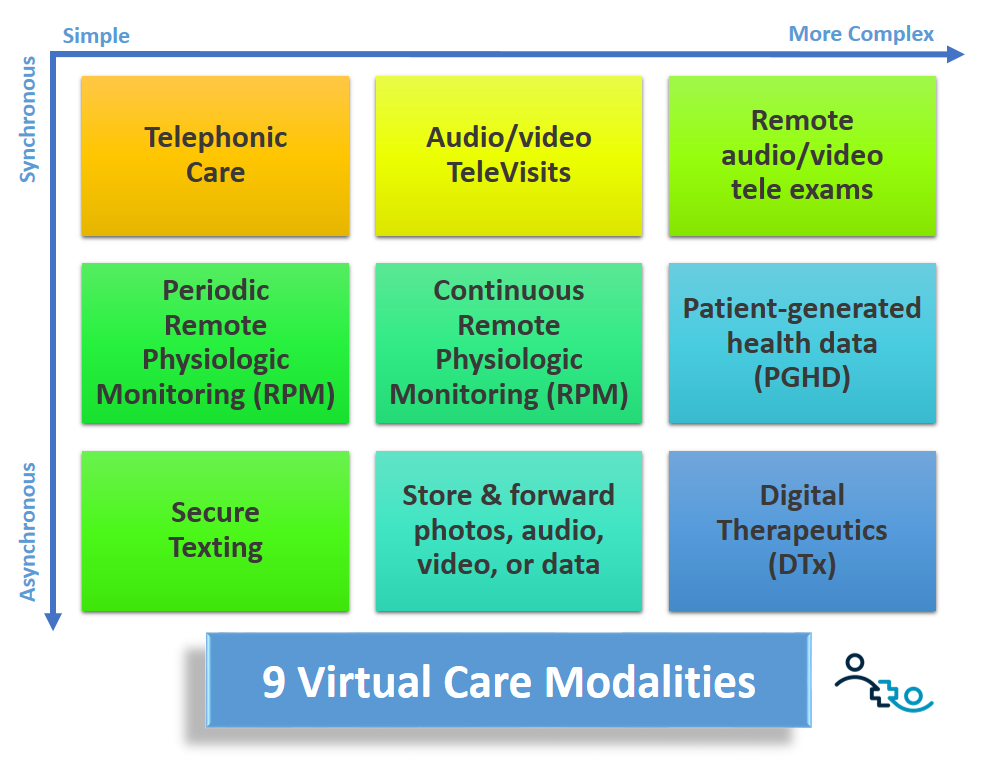


Here’s a quick description of the various modalities:
- Telephonic care — the “telehealth” modality that was most widely practiced during the Covid-19 health crisis. While access and “technical availability” is easy, it provides a very limited auditory and visual experience, limiting the quality of care, though it’s still better than no access to care.
- Audio/video tele visits — the classic “telemedicine” modality, providing a real-time care experience enriched through audiovisual feedback. Limited to “conversation only” diagnosis and care.
- Remote audio/video tele exams — audiovisual visits enhanced through access to diagnostic exam tools such as video otoscopes or digital stethoscopes.
- Secure texting – an increasingly popular, though often not (yet) reimbursed care modality that fits the modern healthcare consumer’s preferred communication style.
- Periodic Remote Physiologic Monitoring (RPM) — the periodic transmission of physiological data such as blood pressure, weight, glucose, etc. to aid in the management of chronic diseases or
- Continuous Remote Physiologic Monitoring (RPM) — advanced continuous monitoring such as continuous glucose monitoring (CGM) or real-time heart rhythm monitoring for the detection of arrhythmia.
- Store & forward photos, audio, video, or data — the asynchronous transmission of photos (e.g., of skin conditions), audio (e.g., of lung sounds or stethoscope recordings), video (e.g., of range of motion movements) or data (e.g., an ECG recording).
- Patient-generated health data (PGHD) — the sharing of data generated by patients, e.g., through activity-tracking or physiological-monitoring apps or devices; increasingly recognized — e.g., by the ONC — as an “important issue for advancing patient engagement, care delivery, and research”.
-
Digital therapeutics (DTx) – the prescription of apps for the care and treatment of patients; Defined by the Digital Digital Alliance as “delivering medical interventions directly to patients using evidence-based, clinically evaluated software to treat, manage, and prevent a broad spectrum of diseases and disorders”.
Virtual Care Beyond Covid
But the public health emergency did not only accelerate the adoption of virtual care in our traditional care delivery settings made up of health systems, community health centers. It also accelerated the adoption and propagation of virtual care offerings at non-traditional care providers, such as Amazon.care or Walmart Health or innovative virtual-only clinics.
While many at the beginning of Covid thought that telehealth would simply be a stop gap measure, it is important that we all in healthcare understand that the innovation-fueled evolution of care delivery, of diagnosis, and of treatment is unstoppable.
As with any well-functioning free-market economy, it is the more efficient and efficacious solutions and services that will be the ones that thrive — not those who cling to the old ways and hide behind the dwindling rules, regulations and government resources that fueled their business in the past decades.
It is time for ordinary care to be stopped and to focus on enabling the delivery of extraordinary care. And the 9 modalities of virtual care are just the beginning.








To receive articles like these in your Inbox every week, you can subscribe to Christian’s Telehealth Tuesday Newsletter.
Christian Milaster and his team optimize Telehealth Services for health systems and physician practices. Christian is the Founder and President of Ingenium Digital Health Advisors where he and his expert consortium partner with healthcare leaders to enable the delivery of extraordinary care.
Contact Christian by phone or text at 657-464-3648, via email, or video chat.
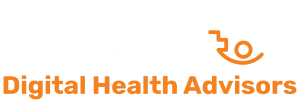
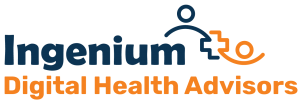

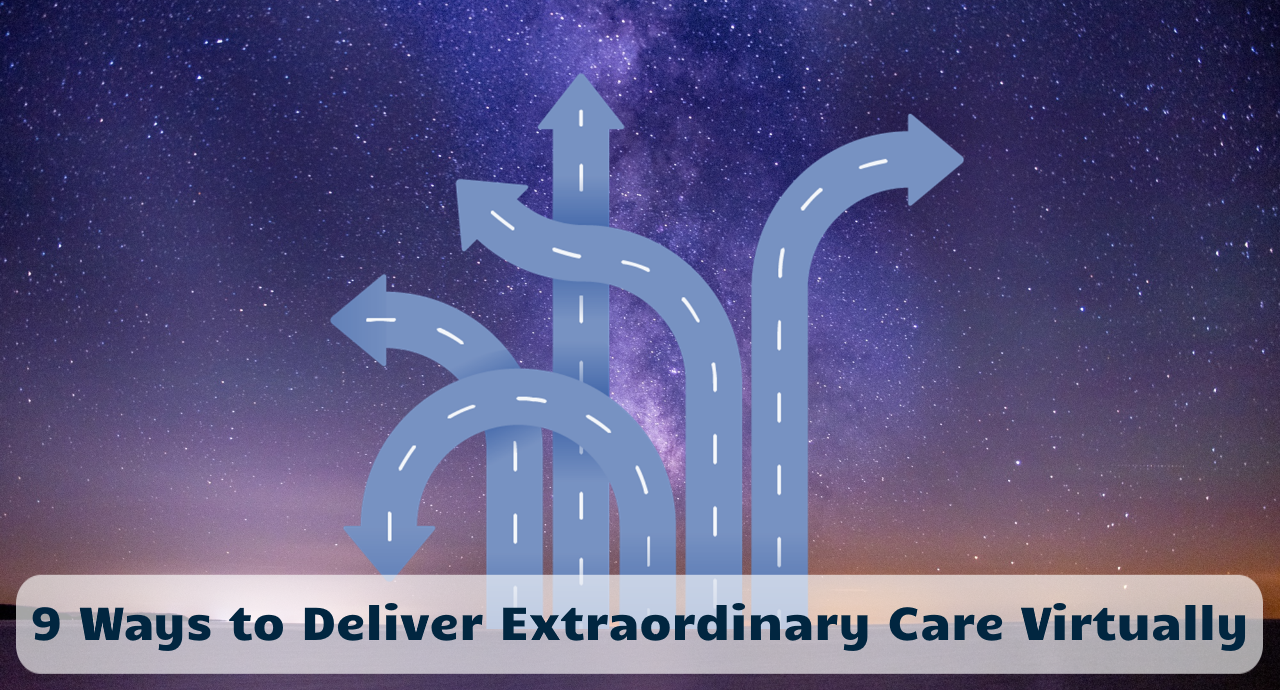
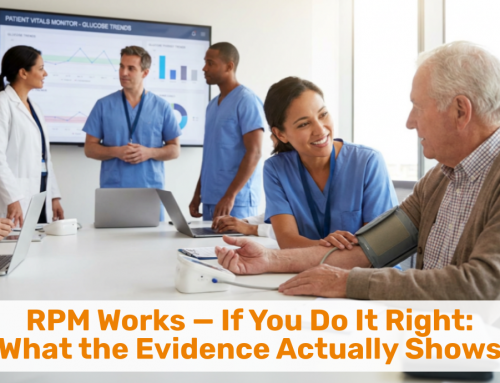
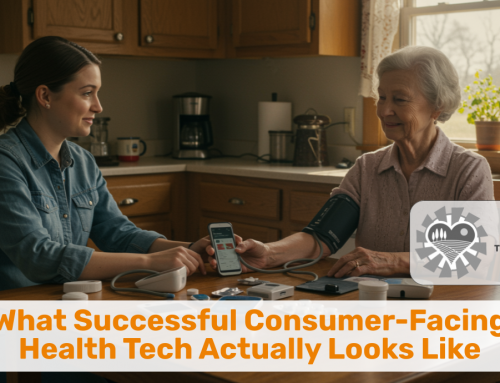
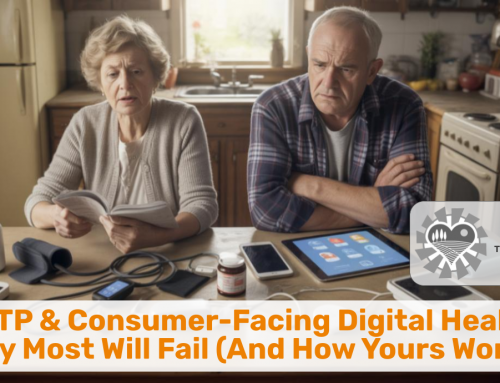
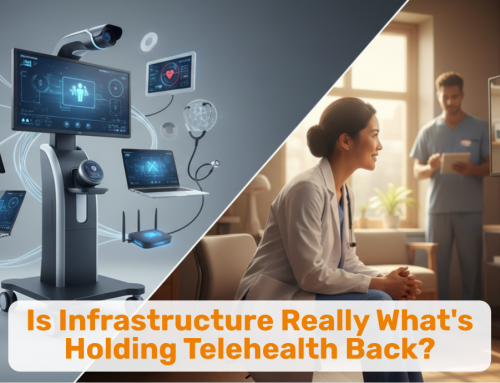
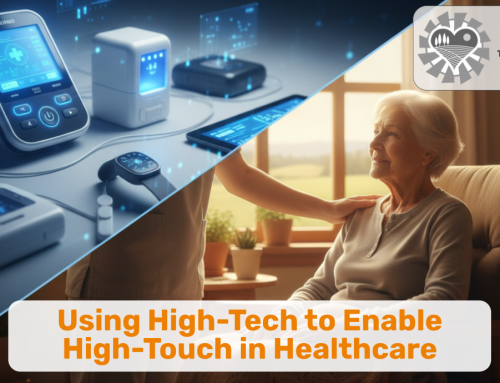
Leave A Comment